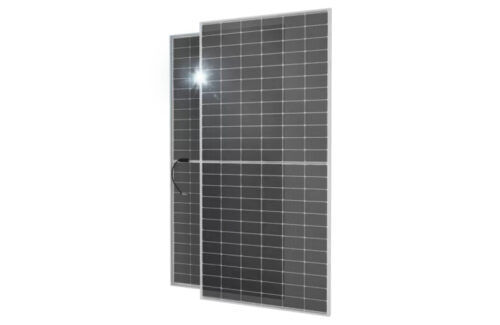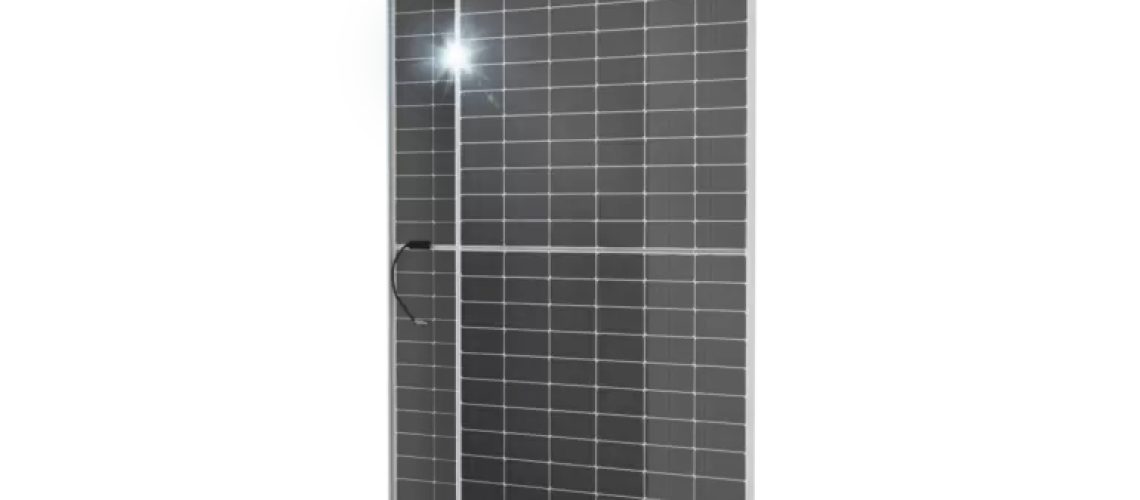Translucent Energy, a U.S. solar technology company, is entering a joint-venture with Jordan-based solar panel manufacturer Philadelphia Solar to bring solar modules to the U.S. market. The company, currently operating as Trading Philadelphia Solar, plans to establish a U.S. manufacturing arm of Philadelphia Solar modules by the end of this year, with full U.S. production by 2024.

PHENEX module from Philadelphia Solar
Phillip Martin, COO of Translucent Energy, told Solar Power World that the joint-venture has narrowed its U.S. location search to three states and plans to announce its official location in December before ordering manufacturing equipment. The company will first produce mono-PERC solar panels before transitioning to heterojunction technology in 2025.
The solar panels will carry the Philadelphia Solar name, already UL-listed and recognized as a Tier 1 supplier. Philadelphia Solar currently operates a 580-MW solar panel factory in Amman, Jordan. The U.S. solar panel factory is expected to have a 1.2-GW annual capacity.
“As the solar market continues to expand, we are delighted to partner with Translucent Energy to undertake this transformative step for our business, first by growing our exports to the USA, and secondly through our planned 1.2-GW panel factory in America,” said Mohammad Shehadeh, CCO of Philadelphia Solar, in a press release.
Nour Mousa, CEO of Translucent Energy, is a founder of Desert Technologies, a solar panel manufacturer in Saudi Arabia. Mousa was interested in establishing a solar technology company back home in the United States. In addition to this solar panel joint-venture, Translucent Energy also makes a containerized solar and storage system, called Tau, for microgrids and off-grid situations. The plan is to establish U.S. manufacturing for the Tau system as well.
“With global supply chains facing unprecedented disruption, many U.S.-based solar developers are struggling to find a reliable and cost-effective source for their solar panels. The exceptional response we are seeing from developers demonstrates that our joint venture addresses a key market need,” Mousa said in a press release.
Philadelphia Solar currently gets its solar cells and wafers from Taiwan, but the combined company is looking at shoring up the U.S. manufacturing supply chain.
“We are looking to set up full manufacturing — ingot, wafer and everything else — and introducing heterojunction technology here in the U.S.,” Morris told Solar Power World.
The U.S. panel factory will make modules for both the residential and utility-scale markets. Philadelphia Solar currently makes 400- and 530-W modules. Morris said the companies are establishing distribution partnerships right now but expects the initial 1.2-GW capacity to be sold through major supply agreements.



